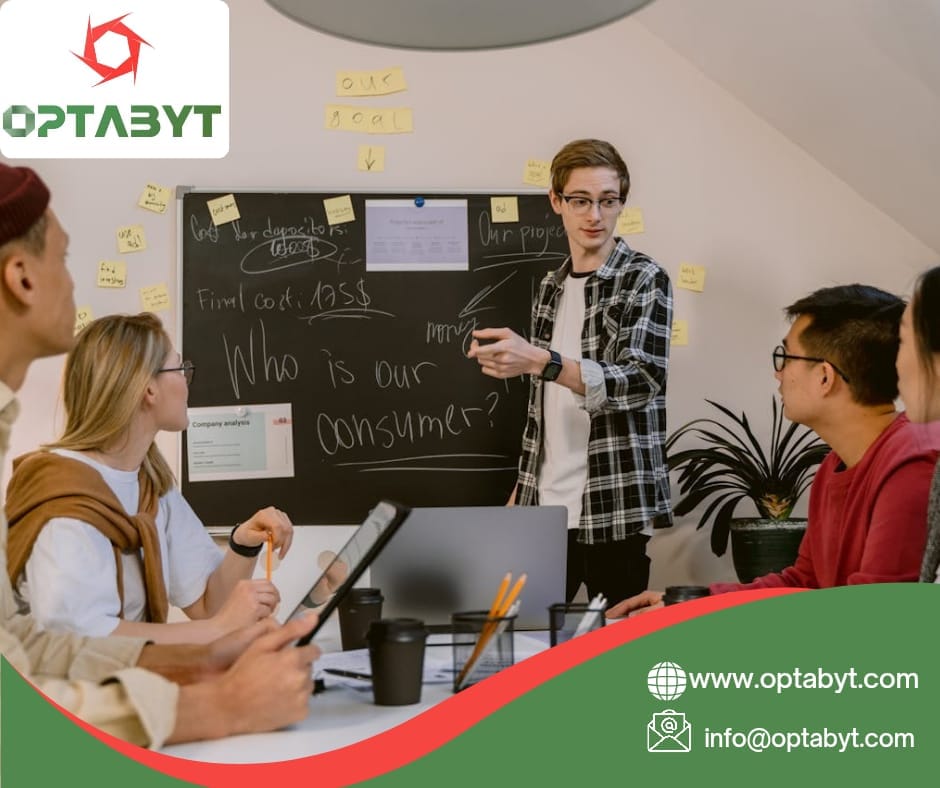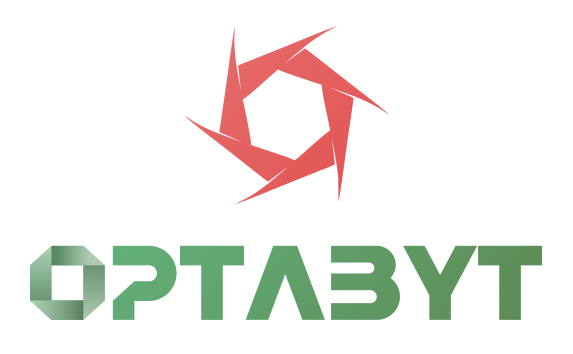
Table of Contents
ToggleWebsite Development Services: Building Digital Success in 2025
Table of Contents
Website Development Services: Building Digital Success in 2025
In today’s digital-first world, website development services play a vital role in shaping business success. A professional, well-optimized website is more than a digital brochure — it’s a 24/7 marketing engine that drives traffic, conversions, and brand credibility. In 2025, as businesses move toward smarter, faster, and more interactive digital platforms, choosing the right web development strategy becomes crucial.
This article explores the fundamentals of website development services, the latest technologies, SEO strategies, and optimization methods that ensure your site not only looks stunning but also performs at its peak.
Understanding Search Intent
Before creating a website, it’s essential to understand search intent — why users are visiting your site. Search intent can be categorized into four main types:
Informational: Users seeking knowledge or insights.
Navigational: Users trying to reach a specific site or page.
Transactional: Users ready to make a purchase or conversion.
Commercial investigation: Users comparing options before deciding.
Aligning your website content with these intents ensures a seamless user experience and improved SEO performance.
Comprehensive Keyword Research
A successful website development strategy begins with comprehensive keyword research. Use tools like Google Keyword Planner, Ahrefs, or Semrush to identify relevant topic clusters. Focus on LSI (Latent Semantic Indexing) keywords and long-tail keywords that align with your niche.
For example, a digital agency might target terms like “custom website development services,” “responsive web design,” or “WordPress development company.” These help attract qualified leads and boost visibility across search engines.
Create Entity-Based Content
Modern search engines rely on entity-based SEO rather than just keywords. This means using structured, contextual information to enhance content understanding.
Include named entities (brands, technologies, frameworks like WordPress, React, Shopify).
Implement structured data (Schema Markup) for better visibility in search results.
Build entity relationships by linking related topics throughout your content.
This strategy improves your chance of appearing in featured snippets and knowledge panels — prime real estate on Google’s results page.
On-Page Optimization Techniques
Optimizing every page is key to maximizing visibility and performance. Follow these best practices:
Use semantic HTML tags (H1, H2, H3) for content hierarchy.
Incorporate synonyms and variations naturally in text.
Optimize images and videos with proper alt tags and compression.
Include internal linking to guide users to relevant sections or pages.
Good on-page SEO makes your website user-friendly while helping search engines understand its structure and purpose.
Content Optimization for Context
Search engines reward content depth and freshness. Regularly update your pages to reflect industry trends and evolving customer needs.
Create content that provides real value — detailed service pages, blogs, case studies, and FAQs. Internal linking between these helps search engines crawl your site efficiently and strengthens overall domain authority.
Leveraging NLP (Natural Language Processing)
Google’s NLP-based algorithms like BERT and MUM prioritize content that answers user queries conversationally.
Use question-based subheadings such as “What are website development services?” or “How much does a custom website cost?”
Optimize for featured snippets and voice search by keeping answers concise and direct.
This makes your content more discoverable, especially as voice assistants like Siri and Alexa become part of users’ daily search habits.
Enhancing User Experience (UX)
A visually appealing, fast-loading, and intuitive website significantly impacts conversions.
Mobile-first design: Over 70% of web traffic comes from mobile devices in 2025.
Fast loading speeds: Use tools like Google PageSpeed Insights to improve Core Web Vitals.
Clear navigation: Make it easy for users to explore and find information.
Good UX isn’t just about looks — it’s about keeping visitors engaged and driving conversions.
Voice Search Optimization
Voice search continues to grow with AI assistants. To optimize for it:
Use natural language phrases people speak rather than type.
Incorporate FAQ sections that mirror spoken queries.
Ensure local SEO is strong — many voice searches are location-based (“best web development agency near me”).
This helps your website stay relevant in a voice-driven search landscape.
Website Development Technologies to Consider
In 2025, businesses rely on advanced technologies to deliver faster, smarter websites:
Frontend frameworks: React.js, Vue.js, Angular.
Backend technologies: Node.js, Django, Laravel.
CMS platforms: WordPress, Drupal, Shopify.
E-commerce solutions: WooCommerce, Magento, BigCommerce.
Headless architecture: For scalable, omnichannel experiences.
Choosing the right tech stack depends on your goals, audience, and budget.
Security and Maintenance
Website security is non-negotiable. Implement SSL certificates, firewalls, and regular backups to protect user data. Routine maintenance services ensure your site stays updated, secure, and fully functional — preventing downtime and preserving SEO rankings.
Conversion Rate Optimization (CRO)
Beyond attracting visitors, your website should convert them into customers. Focus on:
Compelling CTAs (Call-To-Actions)
A/B testing for layouts and content
Personalized user experiences based on behavior analytics
An effective CRO strategy amplifies ROI and maximizes marketing spend efficiency.
Monitor and Adapt
SEO and web development are ongoing processes. Use tools like Google Analytics, Search Console, and Hotjar to monitor performance.
Track keyword rankings, page engagement, and SERP features.
Update content as algorithms evolve.
Refine design and structure based on data insights.
Continuous adaptation ensures your site remains competitive and relevant.
Conclusion
A well-built website is more than just a digital space — it’s your brand’s foundation in the online world. Investing in professional website development services ensures your business stays visible, functional, and competitive in 2025 and beyond. By combining cutting-edge design, SEO fundamentals, and user-centric strategies, you can transform visitors into loyal customers and strengthen your online presence.
For more expert digital solutions, visit Optabyt — your trusted partner in building scalable, SEO-optimized websites that deliver measurable results.
Hva inkluderer vanlige website development services?
De inkluderer kravkartlegging, UX/UI-design, frontend- og backend-utvikling, CMS-integrasjon, SEO-grunnarbeid, testing, lansering og løpende vedlikehold.Hvor lang tid tar det å utvikle en profesjonell nettside?
En enkel bedriftsnettsted tar vanligvis 2–6 uker; mer komplekse løsninger eller nettbutikker kan ta 2–4+ måneder avhengig av funksjonalitet og tilpasning.Hva koster profesjonelle website development services?
Kostnadene varierer mye: små nettsteder kan fra 10–30k NOK, bedriftsnettsteder 30–100k NOK, og avanserte e-handelsløsninger eller skreddersydde plattformer ofte 100k+ NOK.Bør jeg velge ferdig CMS (som WordPress) eller skreddersydd løsning?
Velg WordPress/Webflow/Shopify for rask implementering og lavere kostnad; velg skreddersydd løsning når du trenger unik funksjonalitet, høy ytelse eller spesifikke integrasjoner.Er SEO inkludert i website development?
Profesjonelle utviklere implementerer teknisk SEO (mobilvennlighet, sidehastighet, struktur), men innholds-SEO og løpende SEO-strategi er ofte en separat tjeneste.Hvordan sikrer man at nettsiden er mobilvennlig?
Ved å bruke responsiv design, teste på flere enheter og optimalisere layout, bilder og interaksjoner slik at siden fungerer sømløst på mobil, nettbrett og desktop.Hva er viktig for nettsidehastighet og ytelse?
Bruk av CDN, komprimerte bilder (WebP), caching, kode-minifisering, effektiv hosting og fjerning av unødvendige plugins sikrer rask lasting og bedre brukeropplevelse.Hvordan håndteres sikkerhet og personvern?
Implementer HTTPS/SSL, regelmessige oppdateringer, brannmur, backup-rutiner, sikkerhetsplugins og sørg for at personvern og cookie-praksis følger gjeldende lover (f.eks. GDPR/PIPEDA).Tilbyr website development-tjenester også støtte og vedlikehold?
Ja — de fleste leverandører tilbyr pakker for løpende vedlikehold, sikkerhetsoppdateringer, backuper, innholdsoppdateringer og teknisk support mot en månedlig avgift.Hvordan måler jeg suksess etter lansering av en ny nettside?
Følg KPIer som organisk trafikk, konverteringsrate, gjennomsnittlig øktvarighet, bounce rate, sidehastighet og målte forretningsresultater (leads, salg). Bruk verktøy som Google Analytics, Search Console og heatmaps for innsikt.
